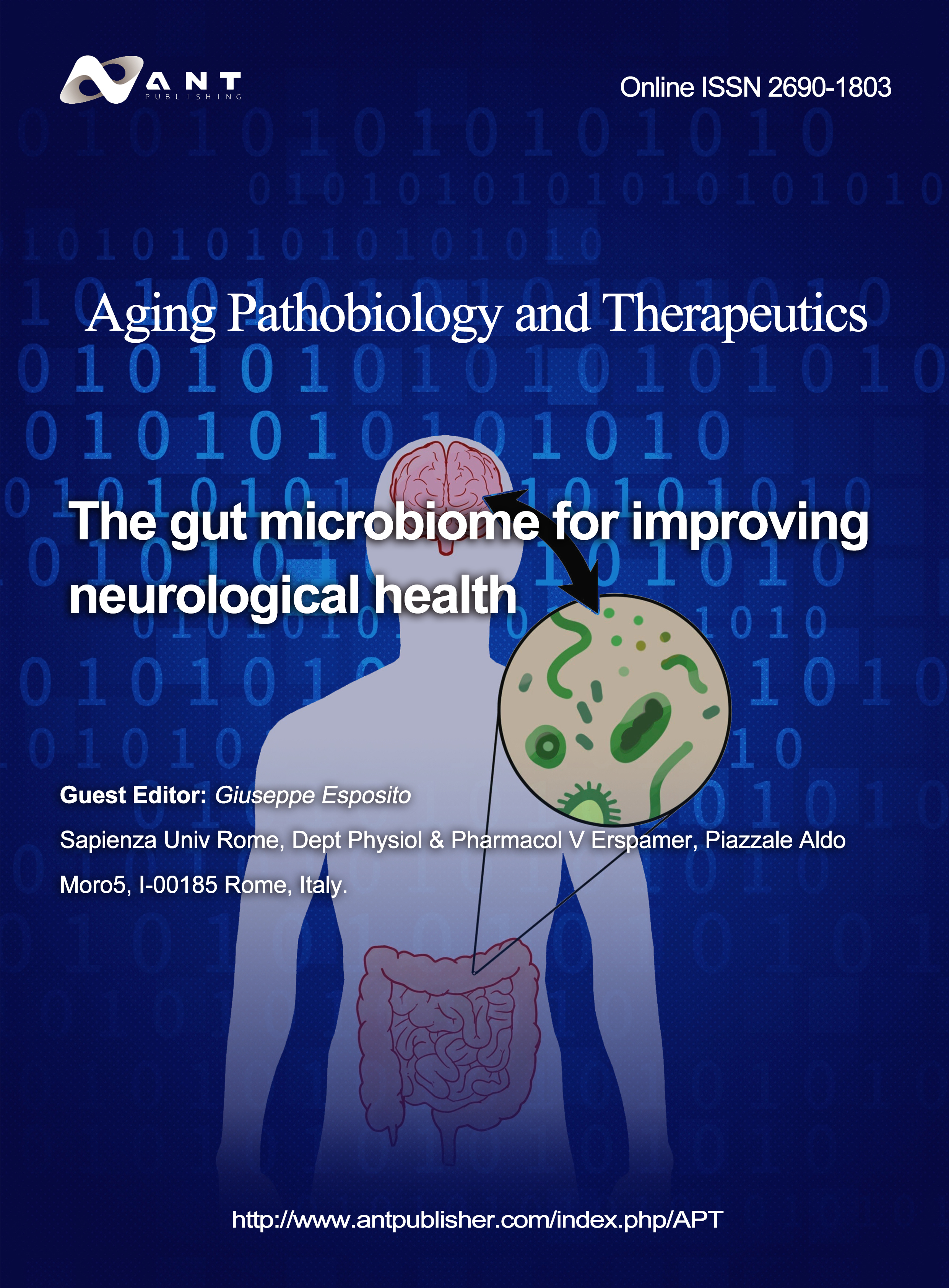Posted On 2023-12-14
Guest Editor: Giuseppe Esposito, PhDSapienza Univ Rome, Dept Physiol & Pharmacol V Erspamer, Piazzale Aldo Moro5, I-00185 Rome, Italy.Email: giuseppe.esposito@uniroma1.itWebsite: https://scholar.google.com.hk/citations?hl=zh-CN&user=dkfYH_YAAAAJ |
 |
Introduction
Dear Colleagues,
In the last decade, a significant correlation between the neuropathological alterations existing at the level of the enteric (ENS) and central (CNS) nervous systems have been placed at the basis of the onset and progression of neurodegenerative and psychiatric pathologies. The neuroimmunological priming of the glia and enteric neurons, operated by intestinal noxiae that favor the syndrome of the so-called leaky gut syndrome highlights the evidence for primitive signals of amplification and ascent of neuropathological diseases from the intestine to the brain. This can be potentially predictive of the development of neurodegenerative / neuropsychiatric conditions many years before their frank symptomatological emergence, and might potentially address a more timely and successful therapeutic approach. In this context, the alterations of the intestinal microbiota are considerably involved in the triggering of the leaky gut syndrome, as well as neuroimmune/inflammatory responses. Therefore, an accurate study and corrective intervention on the conditions of dysbiosis, as well as its downstream neuroimmune alterations with specific therapeutic tools able to restore intestinal mucosal homeostasis, can certainly result in a new approach to the prevention of neurological / psychiatric disorders. On these bases, this topic is a candidate to be an important opportunity to discuss the main scientific innovations in this emerging field for an interesting study of issues of certain translational impact, considering the approach to the therapy of CNS diseases not only from the traditional point of view, but extending it to a possible implementation aimed at modulating the microbiota and the gut-brain axis.
Prof. Giuseppe Esposito
Guest Editor
Manuscript Submission Information
Manuscripts should be submitted online at www.antpublisher.com through the online submission system. Once you are registered, click here to go to the submission form. Manuscripts can be submitted until the deadline. All papers will be peer-reviewed. Accepted papers will be published continuously in the journal (as soon as accepted) and will be listed together on the special issue website. Research articles, Review articles as well as Therapeutic Brief are invited. For planned papers, a title and short abstract (about 100 words) can be sent to the Editorial Office for announcement on this website.
Submitted manuscripts should not have been published previously, nor be under consideration for publication elsewhere (except conference proceedings papers). All manuscripts are thoroughly refereed through a single-blind peer-review process. A guide for authors and other relevant information for submission of manuscripts is available on the Instructions for Authors page. APT is an international peer-reviewed open access quarterly journal published by ANT.
Please visit the Instructions for Authors page before submitting a manuscript. Considering limited grants for some researchers, Dr. Giuseppe Esposito and the editorial office made the decision that Article Processing Charges will be fully exempted, which means that there are NOT any manuscript processing or publication fees for your article once accepted after standard peer-review.
Submission Deadline
December 31, 2024
Participants
Contacts
Alan Zhou, Assistant Editor, apt_alanzhou@antpublisher.com
Updated on Nov 24, 2023